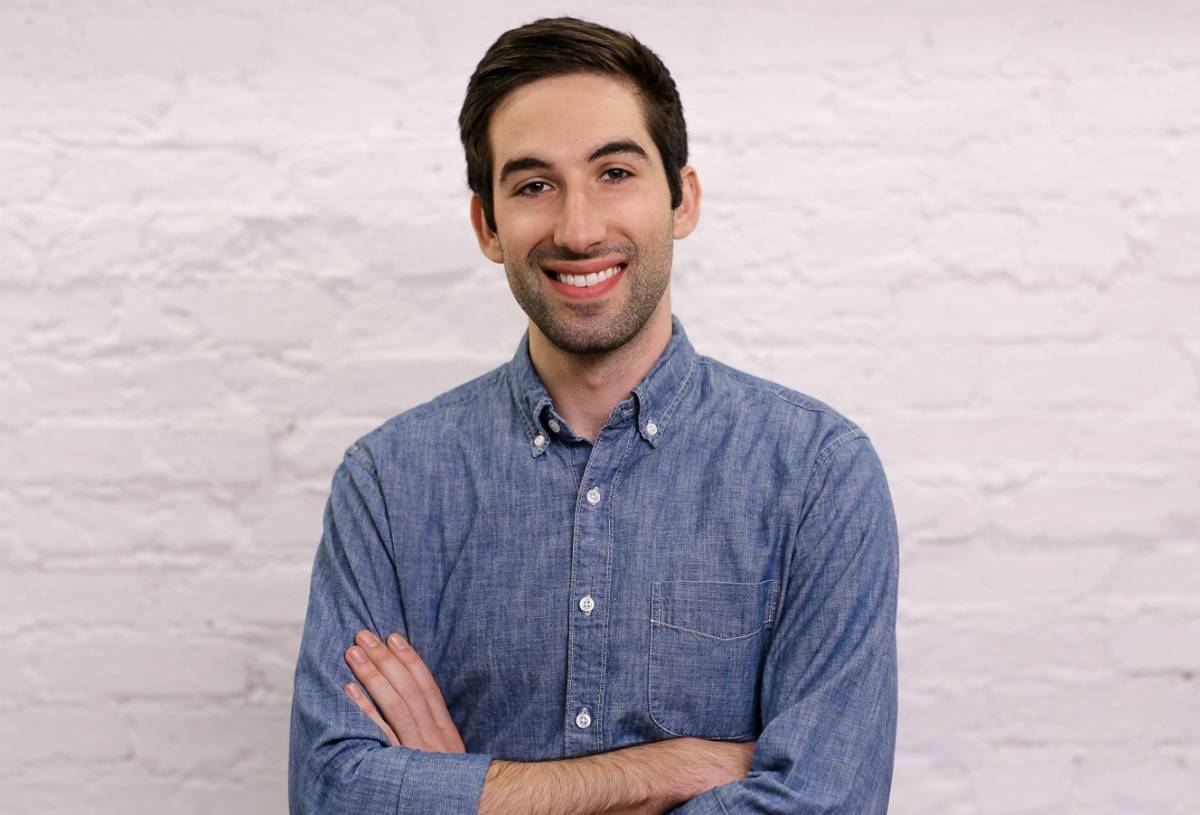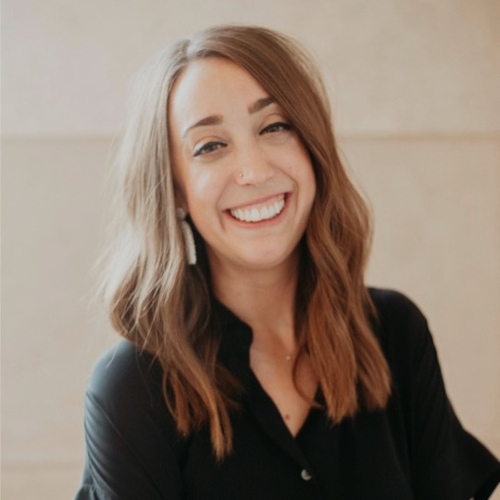Eric Osman Q&A: Applied learning is a lifetime skill
- May 2, 2019
- By Brooke Van Groningen
- 4 minute read

Part of a series of Q&As with Olin BSBA alumni. Today we hear from Eric Osman, BSBA 2013. Eric recently left his marketing role at Harry’s to start his own company: Mockingbird, a direct-to-consumer baby gear company.
What are you doing for work now, and how did your Olin education impact your career?
I’ve recently started a business called Mockingbird, so in my role as founder and CEO, I’m doing a mix of fundraising, hiring, managing, marketing, product development … a little bit of everything! Olin definitely impacted my career by helping me explore a diverse curriculum that gave me an understanding of all the different parts of the business world.
That helped me focus on what was most interesting for me to pursue. But also, having an appreciation for all the other facets of business, even if they’re not directly tied into your job’s function, is so valuable. It helps you interact with other teams better, have more empathy for the other roles at your company and ultimately be more effective.
And particularly in the position I’m in now, it’s vital that I at least have some basic comprehension of every function—from supply chain to marketing to accounting to economics.
What Olin course, “defining moment” or faculty influenced your life most, and why?
The course I remember most is probably the Hatchery. In general, I thought the entrepreneurship classes were so fascinating, applicable and tangible, and always loved the emphasis Olin and Skandalaris placed on providing students with opportunities to experience and appreciate entrepreneurship.
The Hatchery was one of the coolest experiences since we literally got to go through the full process of starting a company, from business plan all the way into execution.
Eric Osman
That experience highlighted for me that some elements of the process are exactly like you learned in class, but some require a totally separate application of knowledge, creativity and grit.
And I’ve taken that with me into my career—the idea that, while a lot of what you learn at any given time may at some point be directly applicable, the actual process of learning and being forced to overcome real roadblocks is the most beneficial thing of all. Because being able to apply that process and that fortitude to each set of challenges you face is a lifetime skill.
How do you stay engaged with Olin or your Olin classmates and friends?
Some of my Olin classmates are still some of my best friends and I see them very regularly. It’s always great to hear where their careers have taken them, some to startups, some to banks, some to graduate schools, some to art. There’s a bond of those who went through Olin, and a desire to help each other out in a really genuine way—and that’s fantastic.
In fact, as I got my startup off the ground, I reached out to a fellow alum who helped us garner some of our first press coverage and another alum who let us work out of her company’s office for a while.
I think we all want each other to succeed, and there’s a real excitement watching and helping other fellow Olin grads in their careers.
Why is business education important?
No matter what field you go into, a business education is incredibly valuable. The skills and knowledge inherent to operating within the business world are so universally applicable in so many industries and job functions (and even personal life).
For instance, I remember doing a unit on negotiation in an Olin class I took. I don’t think anyone would argue that a business’s conference room is the only place negotiation happens. And imagine you want to be an artist. I’d have to believe that any artist who understands the market dynamics of how their art will be commissioned, auctioned, valued, etc. will ultimately be more successful.
In general, businesses are just about bringing valuable ideas into the marketplace and continually trying to make them more valuable. So the best business classes just teach you how to think about improving something—whether that’s improving a supply chain, improving a company’s marketing messaging, or improving the product itself.
That mindset is something you can truly apply to everything, both inside and outside the ‘traditional’ business world.
Looking back, what advice would you give current Olin students?
Try to maintain perspective on why you’re there, what you’re learning and how it will be applicable afterward. Know that the process of what you’re doing there is even more important than the functional material you’re being taught, so take the process seriously.
Push yourself and your professor to parlay the course material into real life situations, making sure you understand why it’s important, and how seemingly clean formulas and made-up scenarios might get messier and tougher when personalities and unpredictability and imperfection are very much in play.
And overall, relish in the fact that Olin creates an environment that encourages relationships over competition. The ability to collaborate well with others, not just how to “make do,” but to truly find ways to make a team more effective than the sum if its parts—that’s immensely important later on, so do your best to start flexing that muscle early and often.
Media inquiries
For assistance with media inquiries and to find faculty experts, please contact Washington University Marketing & Communications.
Monday–Friday, 8:30 to 5 p.m.
Sara Savat
Senior News Director, Business and Social Sciences
